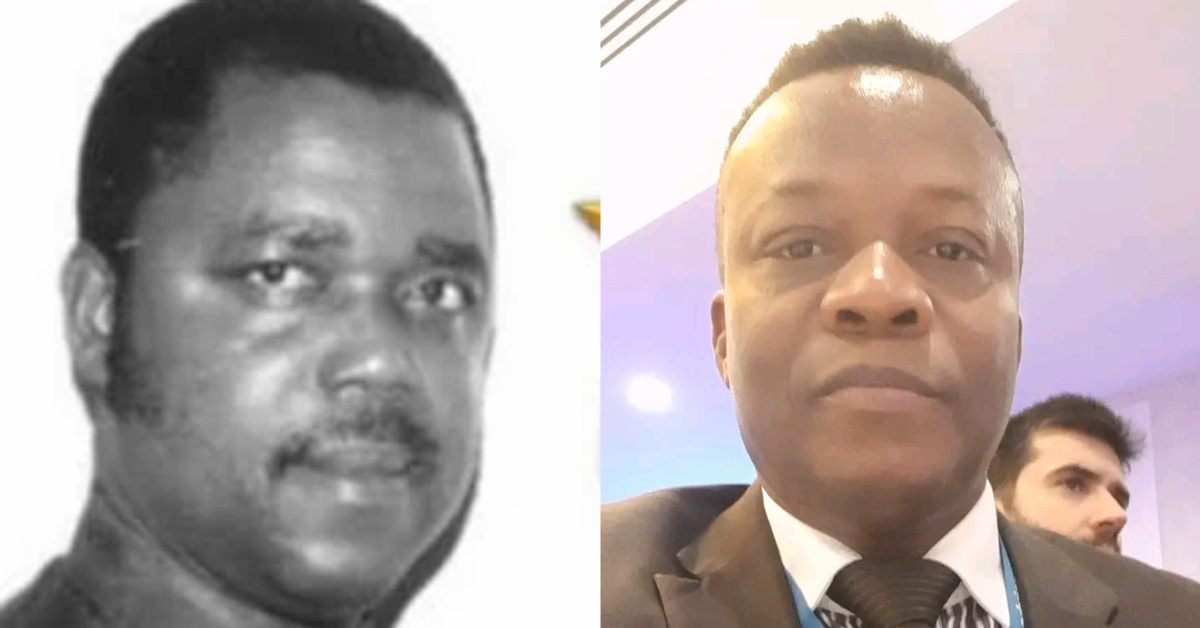The bloodied body of Julius Caesar was still fresh with wounds when the lot fell on his friend, Mark Anthony, to pay tribute to him – according to William Shakespeare’s book by the same name, ‘Julius Caesar’.
Caesar had been publicly murdered; and the murderers had justified the necessity of the slain man’s fate. Mark Anthony had different views, but the slayers were ‘honourable men’ who had in fact given him permission to speak at Caesar’s funeral. Thus came one of the most famous speeches in all of Literature, from which I have borrowed the title of this piece.
Now, my butchered journalistic friend, Philip Neville, whose bloodied body now lies in some cold place in a Freetown mortuary, was not a Roman gladiatorial conqueror who could be accused of over-ambition. And, by haphazard reports, his brutal death (rather killing) was a result of an accident, not a plot – at least not from stabs.
But the vehement voices of avengement or recompense denouncing Neville are as much loathsome as what happened in Shakespeare’s Rome. And most of them are coming from honourable men – and women – underlining a core part of Mark Anthony’s speech: “The evil that men do lives after them; the good is oft interred with their bones”. A few friends of Neville’s, especially fellow journalists, have tried to come to his defence so that some good would live after him and not all be buried with his bones.
I would have just steered clear of the rabble-rousing; but it would be unseemly of me not to say a word or two about a man that I came to know since I started my journalistic career at an early age.
Neville and I had not always seen things the same way (and it was really very contentious at times), but we had come to respect each other for the same passion we had for the progress of journalism in Sierra Leone. We agreed on this one point: our country would never develop without a strong independent qualitative media! They can try everything else, but they will end up agreeing with us!
But that was where the trouble began. Darkness will never appreciate light; and if journalism is a light of the society, then those in darkness whose activities are exposed will forever want that light to be expunged. And most of these people are honourable men and women. And I am not here to disprove how they feel or what they think about Neville.
I very well know that Neville hurt many people in the practice of his profession; but he wouldn’t have been a journalist worth his salt if he didn’t. How else would a soldier be worth his salt if he didn’t use his gun in battle.
But the honourables say Neville was literally a devil. And I am not in a position to disprove it. What I can say is that, there could hardly be another Sierra Leonean journalist more meticulous about evidence-based journalism than Philip Neville: his respect for documents is unmatched comparatively with all the senior journalists I ever had to come in contact with. If he was going to slay you, he would already have had his defence. That’s why it was difficult to win a case against him in a court of law.
However, I understand the anguish of some of those who come out to denounce him and say he went overboard on certain occasions. If he did not, then he would not be human. But he was just practising his profession. I am yet to hear stories of how Neville used his pen to take other men’s wives from them or how he used his pen to siphon private properties for himself. If he did, so far there has been no evidence given.
What I know is that Neville was a hardworking fellow who could go for days without sleeping, working through the night – often only chewing kola nuts and drinking water – just to publish his newspaper. As powerful as we thought he was, Neville, even to his last days, was still eating ‘cookery’. And what I also know is that he was not afraid of taking huge loans from banks to make sure his dream of a media empire came to fruition (I hope the bankers have not already started knocking on the doors of Media One Centre).
But they say Neville was a devil. And those who say these things are honourable people. So who am I to refute them? Those without sin are throwing the first stones! And I’m yet to see any photos of the crime scene or at least of the supposed captured motorbike (okada) – apart from tongue-in-cheek quasi-official condolences.
My appeal to my countrymen and women is to realise that death hangs in the air for all – and no one knows how they or their friends and relatives would end. I will never celebrate the death of anyone, even if he or she has just tried to kill me! But, like Mark Anthony, I know my appeal would fall on the deaf ears of ‘the conspirators’ – “I rather choose to wrong the dead, to wrong myself and you, than I will wrong such honourable men”.
Unfortunately, I’ll not come in person to Sierra Leone for the burial of my good old friend; but, like Mark Anthony again, I would end by saying: “My heart is in the coffin there with Philip Neville / And I must pause till it comes back to me!”
May the New Year wash away our griefs and their grievances!
As the Saviour said, “It is finished”!











